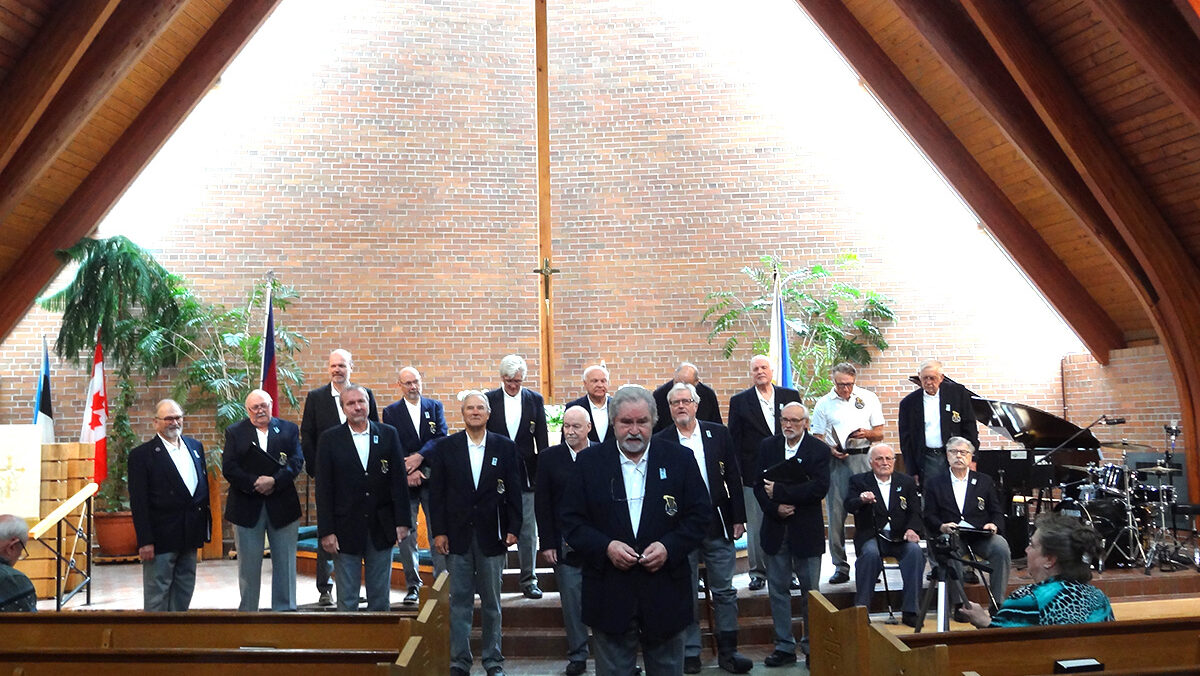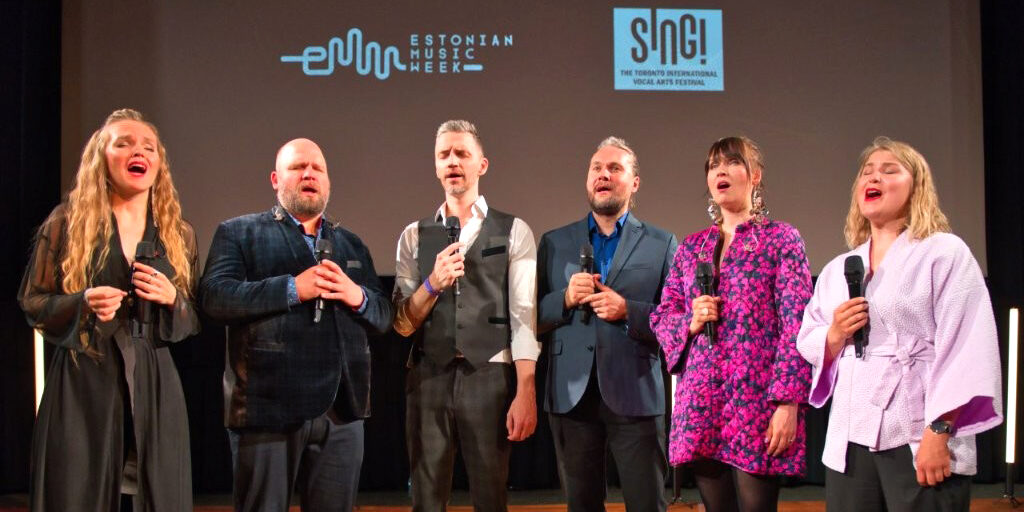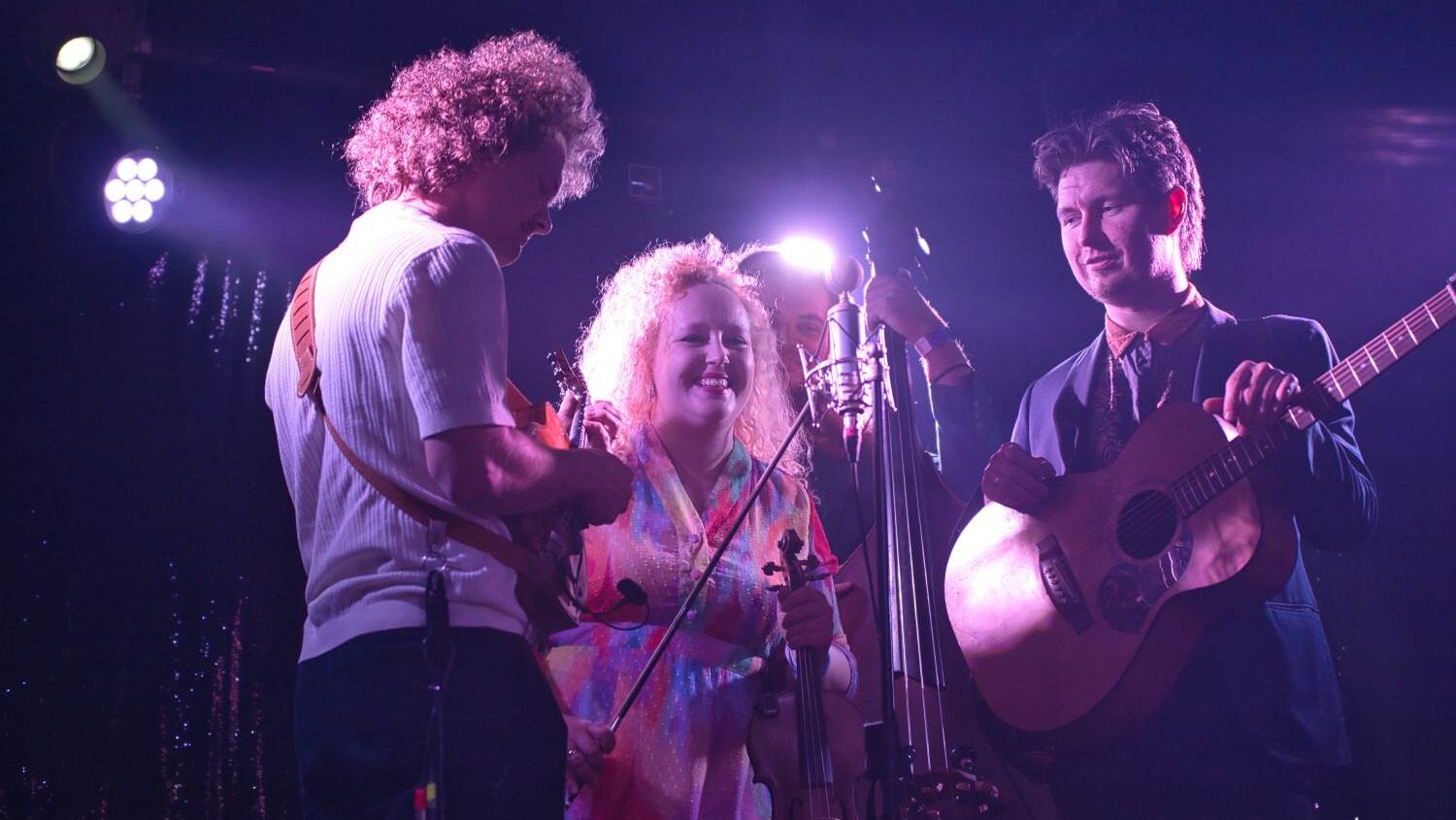It is spelled gløgg in Norwegian and Danish, glögg in Swedish and Icelandic, and glögi in Estonian and Finnish.” Tohoh! (Oh! Really?!) Well, it's not surprising that anyone would think so, since a lot of Estonians do call hõõgvein glögi and it's even on the labels of many local bottled mulled wines, as if it were the Estonian word.
Like certain other terms that have arrived on Estonian soil via Finland following re-independence (mikrouun(i) (microwave oven) and ale (sale) are the first to come to mind), glögi too came south across the bay along with the tradition. Everyone knows what glögi means, but mulled wine has its own beautiful word HÕÕG/VEIN. Hõõguma means to glow or radiate. As in a source of light or a simmering pot of something that exudes warmth. Just like the German Glühwein – glühen mean to glow and Glühwein or roughly “glow-wine” is thought to have gotten its name from the hot irons once used for mulling.
Riina Kindlam



